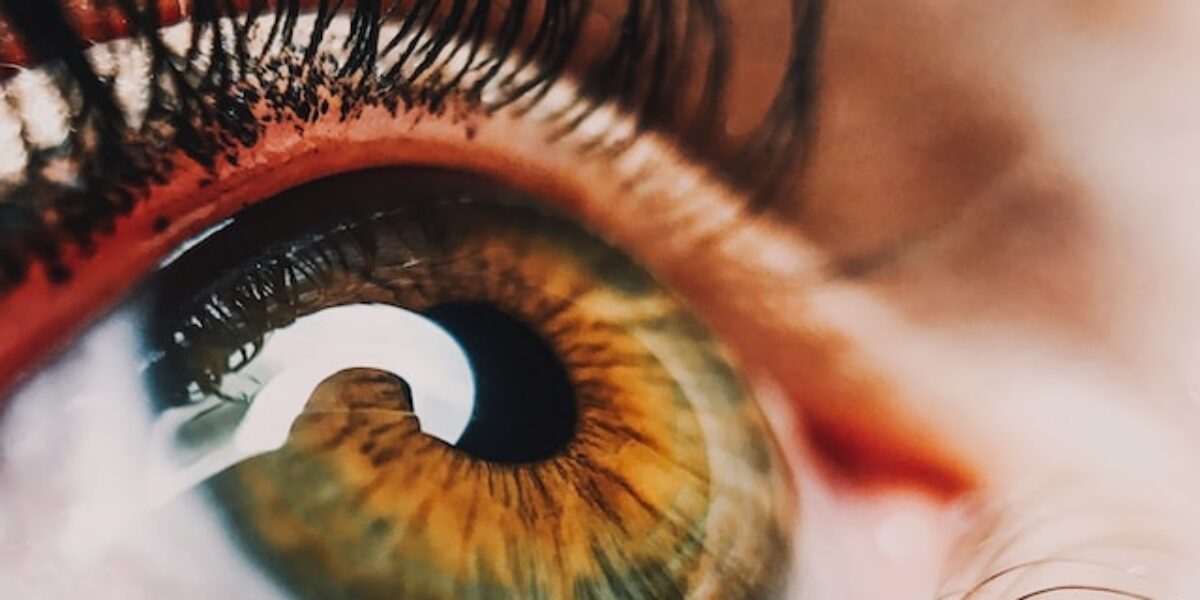Can’t see the point
Another survey reveals the lack of regular eyesight checks
Driver are failing to check their eyesight in yet another worrying survey of motorists’ attitudes to seeing clearly behind the wheel.
In fact, millions of drivers are believed to be failing to follow NHS guidance on having eye tests every two years.
The survey of 2,000 UK drivers has been conducted by contact lens retailer Lenstore.
Danger for all
Half of the respondents claimed to have either not had their eyes tested within the last two years, or never had them tested at all.
When 73% of respondents indicated they were glasses or contact lens users, it appears many are risking safety behind the wheel, putting themselves and other road users in danger.
Are their prescriptions still up to date?
Too far, too close
Short-sightedness emerged as the most common eyesight issue in the study, impacting 23% of respondents.
Almost one in five (19%) also suffered from long sightedness.
A further 18% complained of experiencing ‘eye floaters’ in their vision.
Even more worrying, bus and lorry drivers took the top spot for ignoring eye test advice. More than two-thirds (69%) failed to regularly visit their optician for a check-up. They were followed by motorcyclists (57%) and car and van drivers (50%).
Lenstore says regular eye tests are “one of the best measures we have” when it comes to preventing collisions.
More than your eyes
Sujata Paul, clinical lead at Lenstore, says: “Having regular eye tests is one of the most important things you can do for your health, even if you think you have perfect vision.
“That is because eye tests can not only reveal early signs of eye conditions like glaucoma, but also help detect other health issues such as diabetes and cardiovascular disease.
“We strongly encourage all drivers, especially those who wear prescription glasses or contact lenses, to make sure they are up to date on routine eye examinations by visiting a qualified optometrist every two years.
“When it comes to reducing the number of preventable car accidents on our roads, regular eye tests are one of the best measures we have, and one day having yours could even save someone’s life.”





